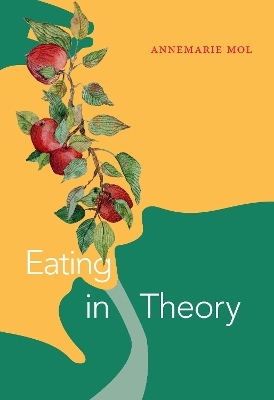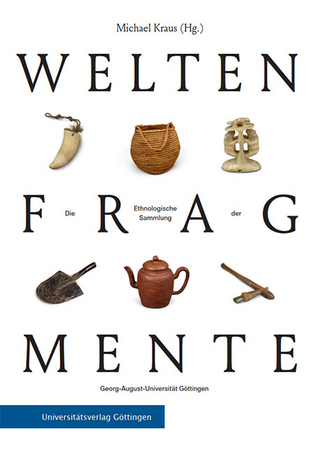
Eating in Theory
Seiten
2021
Duke University Press (Verlag)
978-1-4780-1141-5 (ISBN)
Duke University Press (Verlag)
978-1-4780-1141-5 (ISBN)
As we taste, chew, swallow, digest, and excrete, our foods transform us, while our eating, in its turn, affects the wider earthly environment. In Eating in Theory Annemarie Mol takes inspiration from these transformative entanglements to rethink what it is to be human. Drawing on fieldwork at food conferences, research labs, health care facilities, restaurants, and her own kitchen table, Mol reassesses the work of authors such as Hannah Arendt, Maurice Merleau-Ponty, Hans Jonas, and Emmanuel Levinas. They celebrated the allegedly unique capability of humans to rise above their immediate bodily needs. Mol, by contrast, appreciates that as humans we share our fleshy substance with other living beings, whom we cultivate, cut into pieces, transport, prepare, and incorporate-and to whom we leave our excesses. This has far-reaching philosophical consequences. Taking human eating seriously suggests a reappraisal of being as transformative, knowing as entangling, doing as dispersed, and relating as a matter of inescapable dependence.
Annemarie Mol is Professor of Anthropology of the Body at the University of Amsterdam and the author of The Body Multiple: Ontology in Medical Practice, also published by Duke University Press, and The Logic of Care: Health and the Problem of Patient Choice.
1. Empirical Philosophy
2. Being
3. Knowing
4. Doing
5. Relating
6. Intellectual Ingredients
Acknowledgments
Notes
Bibliography
Index
| Erscheinungsdatum | 06.04.2021 |
|---|---|
| Reihe/Serie | Experimental Futures |
| Verlagsort | North Carolina |
| Sprache | englisch |
| Maße | 156 x 235 mm |
| Gewicht | 318 g |
| Themenwelt | Sozialwissenschaften ► Ethnologie ► Völkerkunde (Naturvölker) |
| Sozialwissenschaften ► Politik / Verwaltung ► Politische Theorie | |
| Sozialwissenschaften ► Soziologie | |
| ISBN-10 | 1-4780-1141-6 / 1478011416 |
| ISBN-13 | 978-1-4780-1141-5 / 9781478011415 |
| Zustand | Neuware |
| Informationen gemäß Produktsicherheitsverordnung (GPSR) | |
| Haben Sie eine Frage zum Produkt? |
Mehr entdecken
aus dem Bereich
aus dem Bereich
die Ethnologische Sammlung der Georg-August-Universität Göttingen
Buch | Softcover (2024)
Universitätsverlag Göttingen
CHF 58,75
Lebenswelten und Werte zwischen "Tradition" und "Moderne" aus …
Buch | Softcover (2024)
transcript (Verlag)
CHF 64,40


